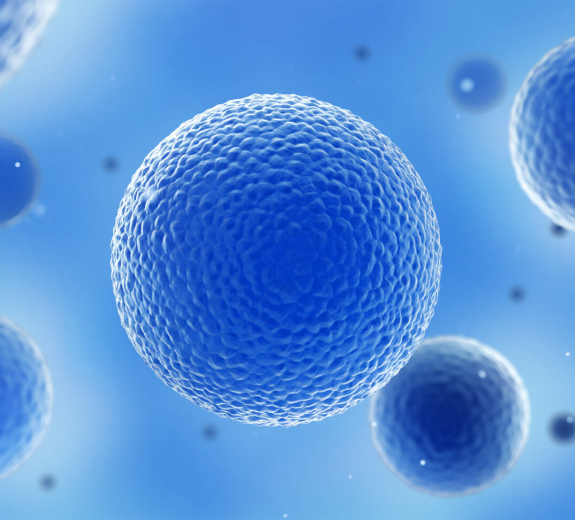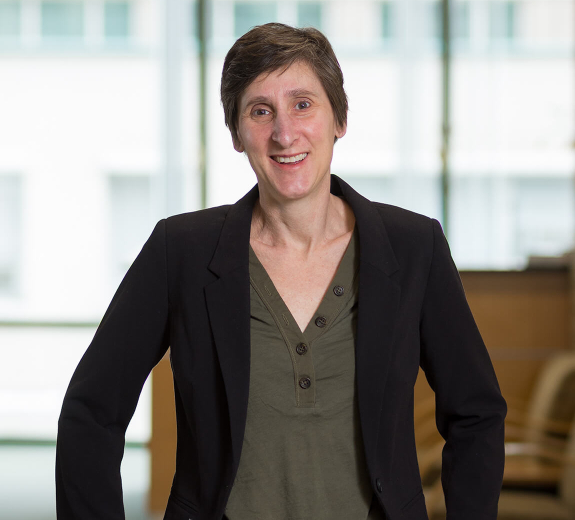T-Cell Discoveries
Dr. Long has dedicated her career to finding better therapies for the millions of people with T1D. The best available treatment is to inject insulin. Even then, T1D increases the risk of serious health issues like heart disease and stroke.
“There’s a desperate need for therapies that protect the pancreas so it can keep producing natural insulin, because that helps people with T1D stay healthier and have fewer complications,” Dr. Long says.
Dr. Long believes that understanding a phenomenon called “T-cell exhaustion” could unlock these therapies. Several years ago, researchers discovered the body is home to exhausted T-cells, which are alive but have stopped attacking. Everyone has these exhausted cells. But subsequent research showed that people with autoimmune disease who have higher numbers of these cells also have less severe disease and fewer complications. Then Dr. Long and Peter Linsley, PhD, made a key discovery of their own.
They showed that T1D progresses more slowly in people who have higher numbers of exhausted CD8 T-cells. They also found that a drug called teplizumab increased exhausted CD8 T cells in most individuals. Even better, BRI researchers led a study that showed treatment with this drug delayed the onset of T1D by approximately three years in people who were susceptible to the disease.
“Those were ‘a-ha moments’ — we started to think, maybe it’s possible to create a therapy that exhausts these cells and stops T1D,” Dr. Long says. “But first we needed to understand these cells in much greater detail.”
Fine-Tuning the Immune System
Dr. Long recently received a $2.6 million National Institutes of Health grant to investigate why CD8 T-cells become exhausted and how this influences T1D. She’s also collaborating with Dr. Buckner and Erik Wambre, PhD, on an NIH-funded project that looks at T-cells in cancer patients.
People with cancer have the opposite problem as people with T1D and other autoimmune diseases. In cancer, T-cells should attack cancer cells, but something about cancer leaves them too exhausted to attack. Drugs called checkpoint inhibitors can nudge those cells back into attack mode. But those drugs can push T-cells into overdrive, until patients end up with symptoms similar to autoimmunity.
“If we can understand the process that leads to autoimmunity in these patients, it could help us understand the biological dial that controls how much T-cells attack,” Dr. Buckner says.
The BRI team’s vision is to be able to control both sides of the T-cell equation. This means they could adjust cancer therapies to prevent autoimmune attacks, or create therapies that exhaust attacker cells and stop autoimmune disease.
“We’re getting closer to being able to turn the immune system up or down depending on a patient’s needs,” Dr. Buckner says, “And that means we’re getting significantly closer to improving the lives of people with everything from T1D to cancer, and maybe even to stopping those diseases altogether.”
Published in the Fall 2020 issue of the BRIng It On Newsletter




